Humans on Mars in 2024? Musk thinks it will happen.
Elon Musk founded SpaceX in hopes of colonizing Mars, and the tech mogul is unafraid of sharing his timelines to launch humans to the red planet.
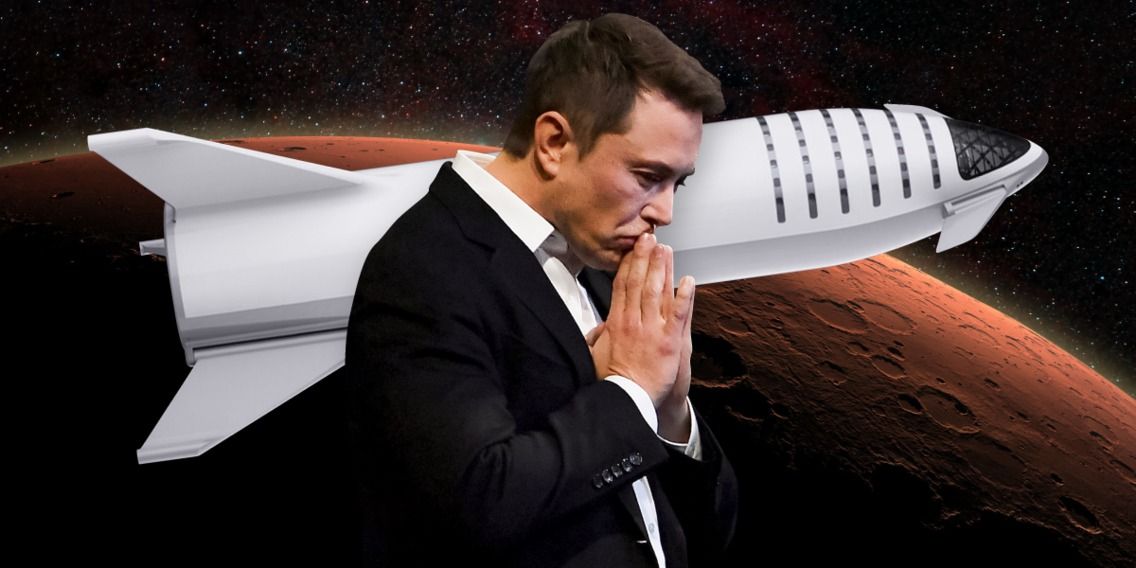
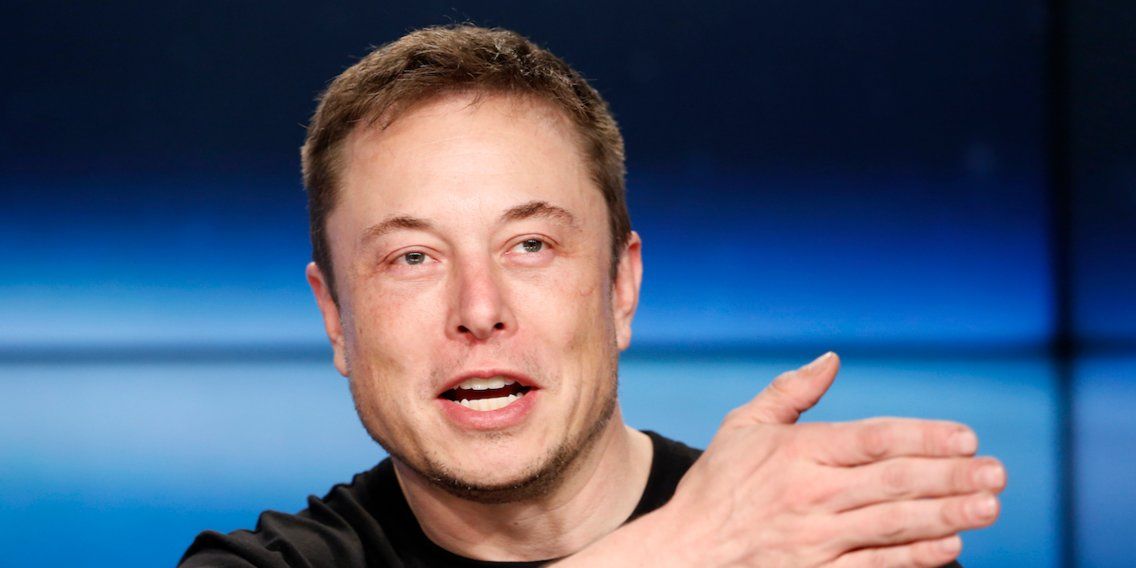
Tesla owners will soon be able to drive their cars with their phones, Elon Musk said.
Tesla CEO Elon Musk said on Thursday via Twitter that an upcoming software update will allow Tesla owners to drive their cars with their phones in some situations.
“Car will drive to your phone location & follow you like a pet if you hold down summon button on Tesla app,” Musk said.
“Also, you’ll be able to drive it from your phone remotely like a big RC car if in line of sight,” he added.
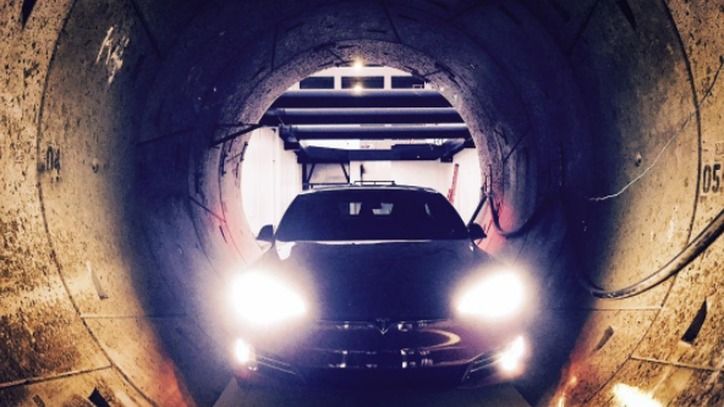
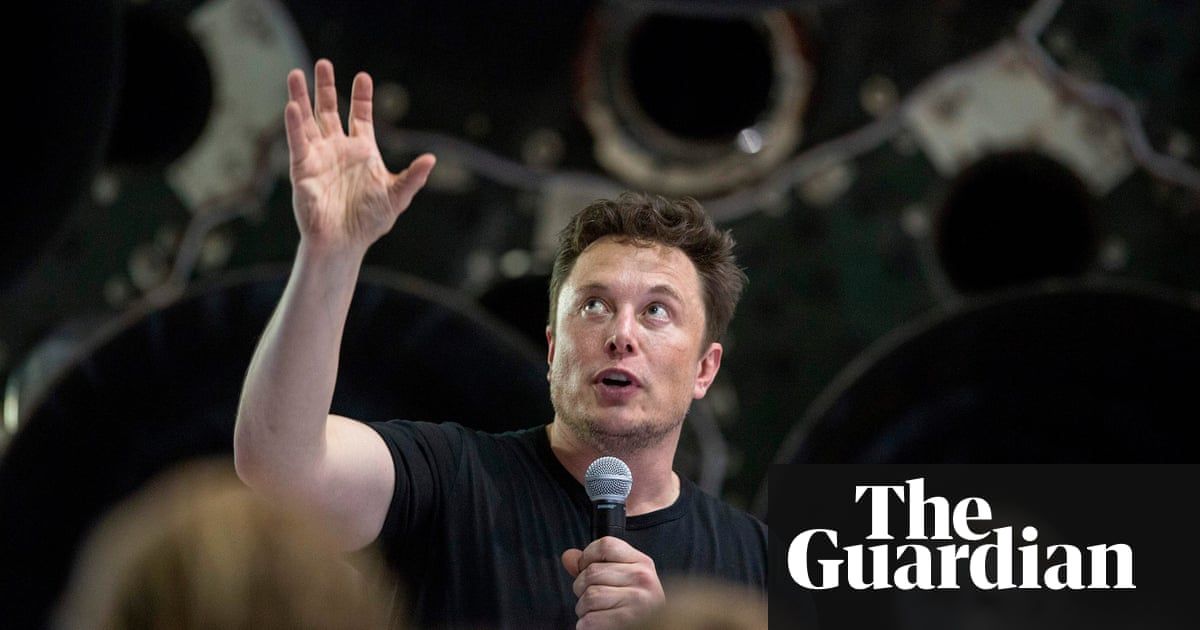
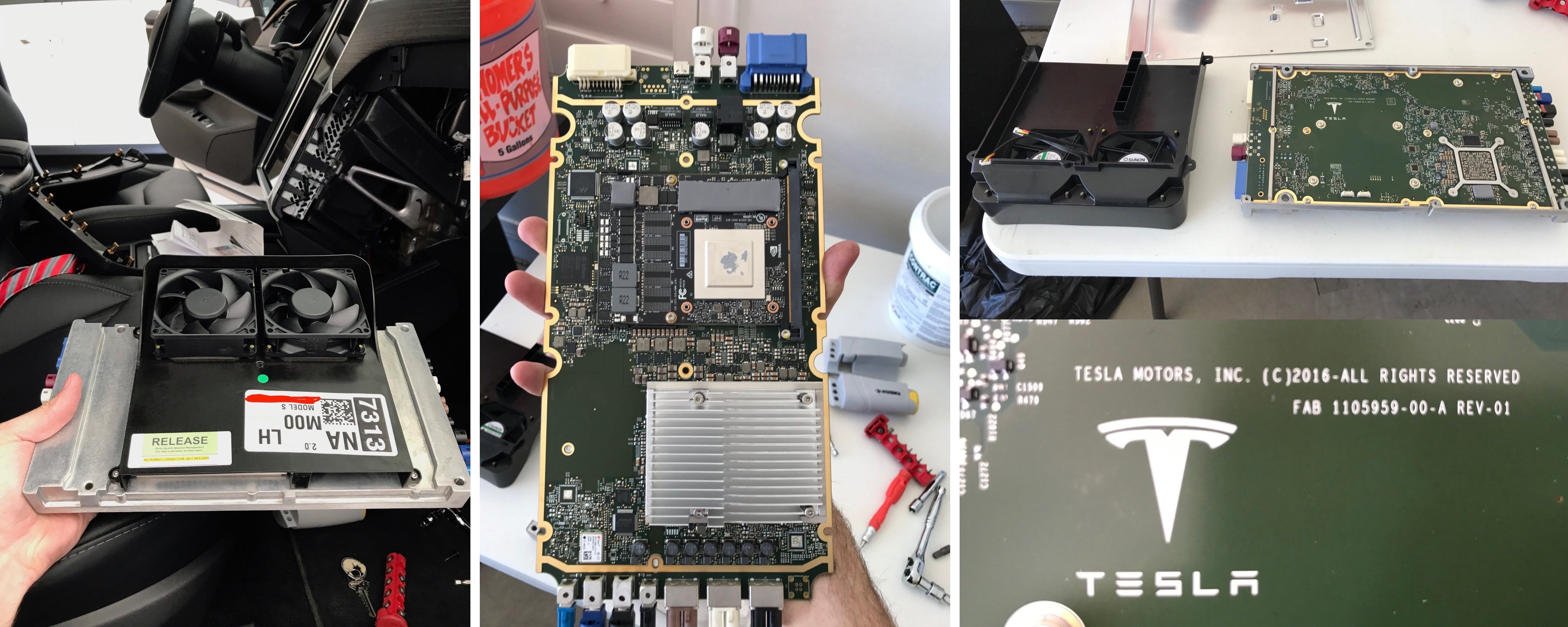
Tesla CEO Elon Musk updated the timeline to release the company’s new neural net computer, which they claimed will be the ‘world’s most advanced computer for autonomous driving’.
They are now aiming for the new computer to be in production in about 6 months and it could result in a 500‑2000% increase in operation per second, according to Musk.
The release of this new computer with Tesla’s own AI chip would be the culmination of a long project that Tesla started about 3 years ago as it anticipated a need for more computing power in its vehicles.
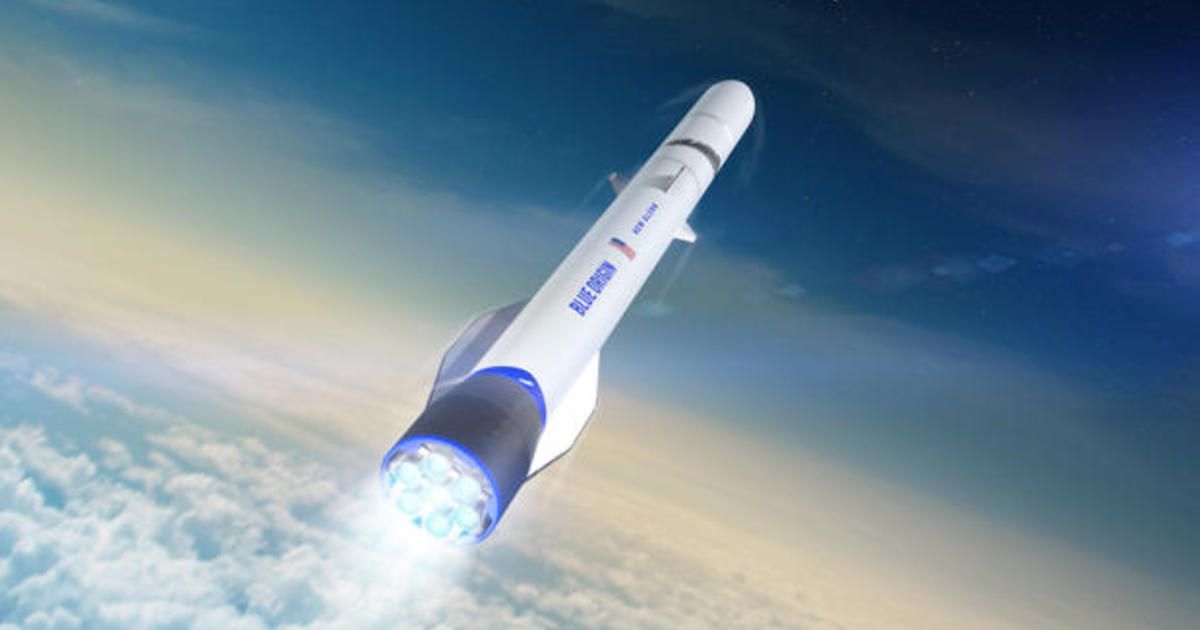
United Launch Alliance, Northrup Grumman and Blue Origin, a company owned by Amazon-founder Jeff Bezos, were awarded major Air Force contracts Wednesday totaling more than $2 billion to develop next-generation rockets capable of boosting high-value national security payloads into orbit.
Two of the new rockets will be selected in a second competition, providing assured access to space through the next decade and beyond. In a surprise to some observers, SpaceX, the ambitious rocket company founded by Elon Musk, was not among the latest winners in the Pentagon’s Evolved Expendable Launch Vehicle program.
The Launch Service Agreements “will facilitate the development of three domestic launch system prototypes and enable the future competitive selection of two National Security Space launch service providers for future procurements, planned for no earlier than fiscal year 2020,” the Air Force said in a statement.
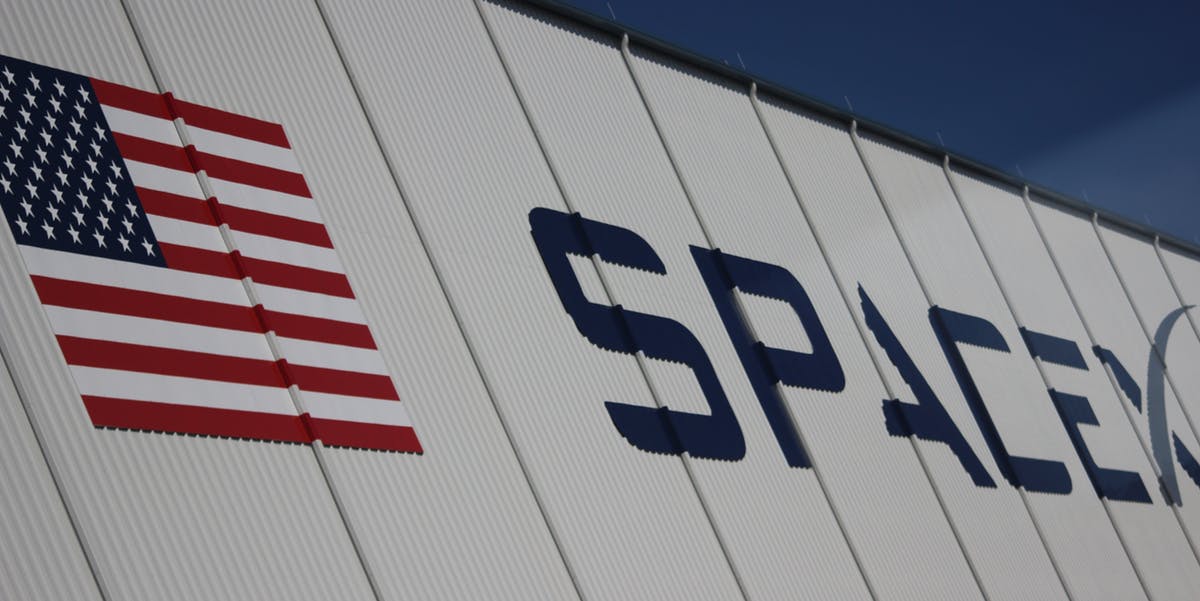
SpaceX’s Falcon 9 is impressive, but based on launch photos it can be hard to get a sense of the true scale of the craft. On Wednesday, CEO Elon Musk shared an image that shows himself alongside three figures, standing next to a freshly-landed Falcon 9. The image gives a clear indication of how the craft appears in real life.
Musk shared the image below with the caption “At Falcon LZ-1 Vandenberg on Sunday night with the Base Commander. Support of [United States Air Force] much appreciated.” The image was taken just after Sunday’s launch, which saw the SAOCOM 1A satellite sent up from the Vandenberg Air Force Base, before the first stage booster landed on the firm’s brand new west coast landing pad. The whole craft measures 229.6 feet tall, with a 12-foot diameter. The composite fairing, which houses the satellite entering orbit, measures 43 feet with a 17-foot diameter.
See more: Elon Musk Shares Incredible Photos From SpaceX’s Landmark Falcon 9 Launch.
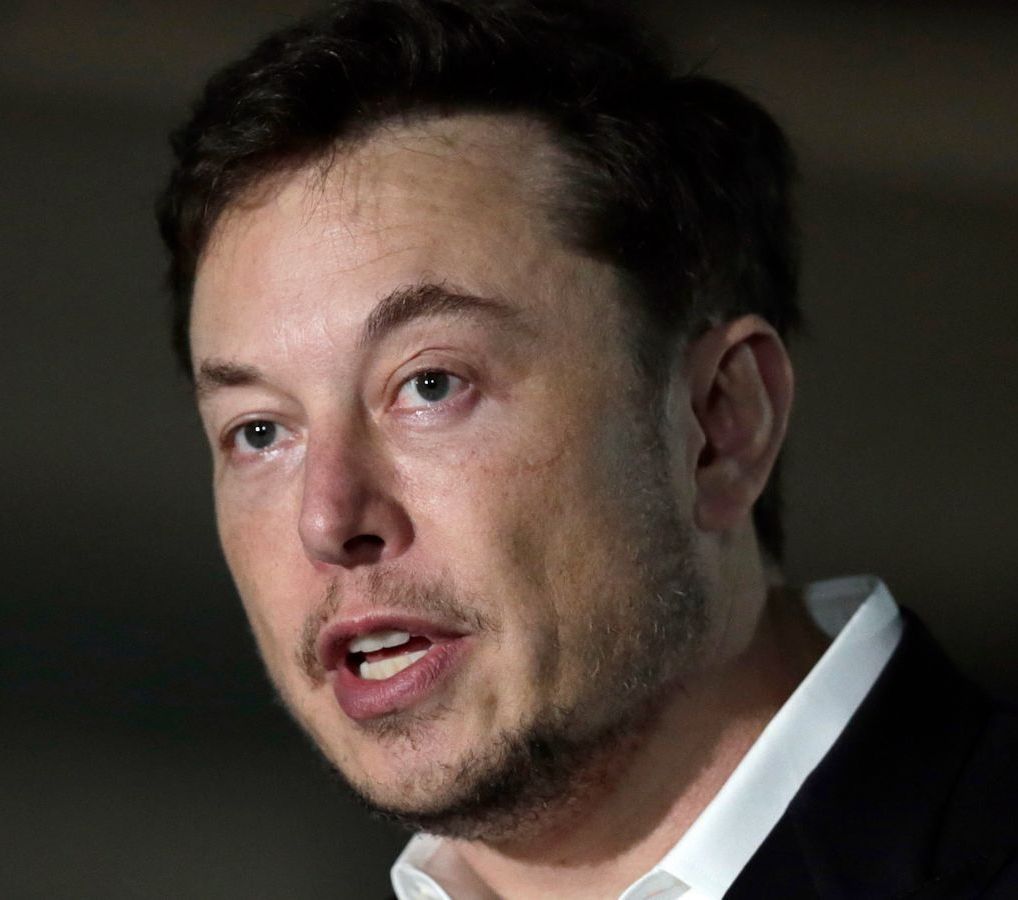
Elon Musk has had his fair share of questionable headlines recently, but it looks like he’s still out to do a little good in this world. In the midst of July’s rush to save the soccer team trapped in a Thai cave, Musk stated that he wanted to do something about the water contamination problem in Flint, Michigan. Now, according to a tweet made by Flint Community Schools, he’s making good on his promises.
Elon Musk unveiled prototypes of Tesla’s Solar Roof tiles In October 2016. They came in four styles that looked just like normal roofing material but were essentially miniaturized versions of traditional solar panels.
The announcement helped Tesla justify its $2.6 billion acquisition of SolarCity one month later and represented Musk’s vision for what the businesses could do together.
It’s been almost two years since then. So where are the tiles?
“We now have several hundred homes with the Solar Roof on them, and that’s going well. It takes a while to just confirm that the Solar Roof is going to last for 30 years and all the details work out,” Musk said on Tesla’s Q2 earnings call in August.» Subscribe to CNBC: http://cnb.cx/SubscribeCNBC
About CNBC: From ‘Wall Street’ to ‘Main Street’ to award winning original documentaries and Reality TV series, CNBC has you covered. Experience special sneak peeks of your favorite shows, exclusive video and more.
Connect with CNBC News Online

The Securities and Exchange Commission settled charges with Tesla CEO Elon Musk over his aborted bid to take the company private, with the billionaire remaining as the helm of the company but relinquishing his chairman title and getting slapped with a hefty fine.